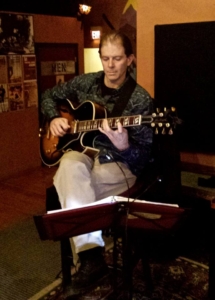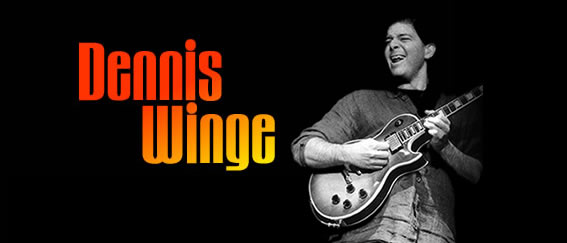The Magic of Music in Healing
In the intricate dance between melody and emotion, there exists a profound healing power that transcends the boundaries of time and space. Music, with its ability to evoke feelings, memories, and sensations, has long been recognized as a therapeutic force capable of mending the spirit and nurturing the soul. In this blog post, we will explore the enchanting realm of music in healing, unraveling the threads that connect melody to well-being.
The Universal Language of Emotion
Music, often described as the universal language, has a unique way of communicating and connecting with our emotions. It speaks directly to the heart, bypassing the cognitive barriers that words sometimes struggle to breach. Whether it’s the melancholic strains of a violin or the uplifting notes of a piano, music has the power to mirror, validate, and uplift the emotional landscape of the listener.
Reducing Stress and Anxiety
In a world filled with constant stimuli and demands, stress and anxiety have become prevalent companions in our daily lives. Music, however, serves as a gentle antidote. Scientific studies have shown that listening to soothing music can lower cortisol levels, the hormone associated with stress, and alleviate symptoms of anxiety. The rhythmic patterns and harmonic structures of certain genres induce a state of calm, creating a sanctuary of tranquility within the notes.
Music and Physical Well-being
Beyond the emotional realm, music has the ability to impact our physical well-being. In medical settings, music therapy is employed to assist in pain management, enhance motor skills, and accelerate recovery. The rhythmic cadence of music can synchronize with the body’s natural rhythms, promoting relaxation and healing. From the soothing melodies in a hospital room to the therapeutic vibrations of a singing bowl, the healing powers of music are woven into the very fabric of our physiological responses.
Music and Mental Health
The intricate interplay between music and mental health is a testament to the mind’s responsiveness to auditory stimuli. Music therapy has shown promise in treating conditions such as depression, dementia, and post-traumatic stress disorder (PTSD). Through carefully curated playlists or participatory music-making, individuals can find solace, express emotions, and regain a sense of control over their mental well-being.
The Personal Soundtrack of Resilience
 For many, music serves as a personal soundtrack of resilience. In times of hardship or loss, the right piece of music can be a source of solace and strength. It accompanies us through life’s highs and lows, becoming a companion in the journey of self-discovery and healing. Whether it’s the cathartic release found in a soulful ballad or the empowering energy of an upbeat anthem, music has the ability to mirror and validate our experiences.
For many, music serves as a personal soundtrack of resilience. In times of hardship or loss, the right piece of music can be a source of solace and strength. It accompanies us through life’s highs and lows, becoming a companion in the journey of self-discovery and healing. Whether it’s the cathartic release found in a soulful ballad or the empowering energy of an upbeat anthem, music has the ability to mirror and validate our experiences.
The Symphony Continues
As we navigate the complexities of the human experience, the symphony of healing plays on. The magic of music in healing lies not just in its auditory beauty but in its capacity to touch the core of our being. So, let the melodies weave their enchantment, and allow the harmonies to resonate with the rhythms of your soul. In the universal language of music, the journey of healing is a perpetual symphony, inviting us to listen, feel, and be transformed.
—
If you are planning an event you want to explore your options for live music, book a free music consultation with me or simply write to me on the contact page.



